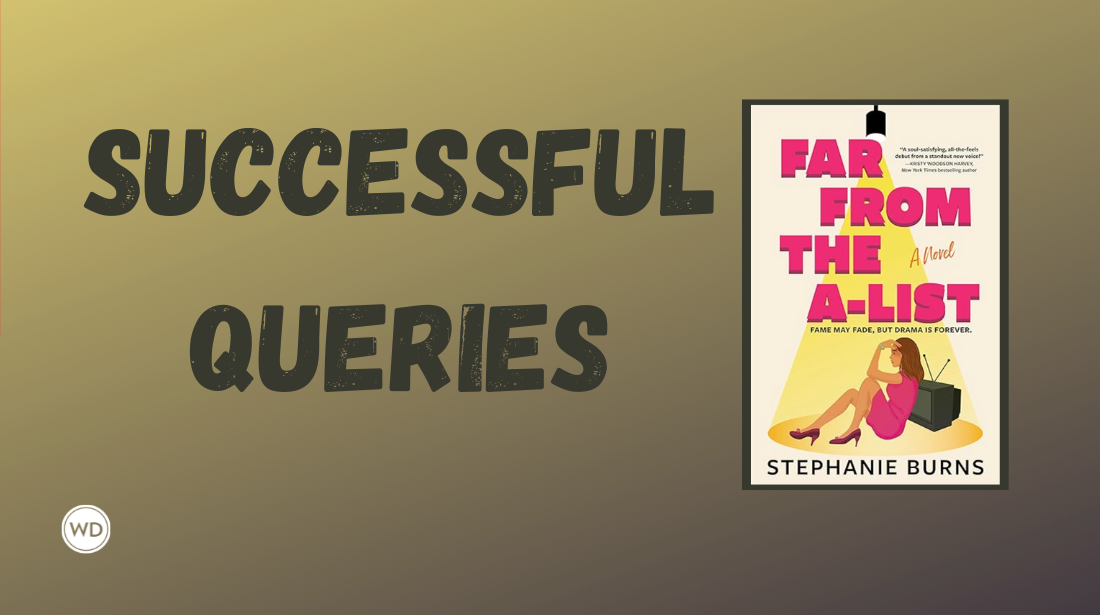The Art of Live Pitching (3 Rules)
Today I arrived in Portland, Oregon, to participate in the Willamette Writers Conference. I first came here in 2004 to hear pitches and take appointments, and I often return to…
Today I arrived in Portland, Oregon, to participate in the Willamette Writers Conference.
I first came here in 2004 to hear pitches and take appointments, and I often return to Cincinnati with a great author for Writer's
Digest (e.g., Christina Katz and Sage Cohen as the most recent).
Tonight I took part in a "pitch the pros" panel with Jeff Herman (agent), Charlotte Cook (Komenar), and Krista Lyons (Seal Press). More than 20 writers had about 3 minutes to pitch their work and get feedback from the panel. Overwhelmingly, most pitches could have been improved if they followed these three rules:
- Keep it short. (Brevity is your friend!) Just because you have three minutes (or 5 or 10) doesn't mean you should take up all the time. Never talk for as long as possible—it can take a mere 15 seconds to deliver a convincing storyline. The longer you talk, the less time the agent or editor is talking. And isn't that why you're meeting with them—to hear THEIR feedback and reaction?
- Focus on a character and the character's problem. When it comes to fiction, it's much easier to follow a pitch and remain interested when we can connect to a character and immediately understand the problem or conflict facing that character. Why are we going to care? What are the stakes? So what?
- Stop at a moment of tension and wait. Rather than talk and talk (which sometimes happens because you're nervous), remind yourself that it's OK not to explain all the details or the final outcome. It's more effective to stop just as you've established the key stakes or tension, and wait for a reaction from the agent. Let them guide the discussion; find out what's caught their attention or what piece is missing.
In the next few days at Willamette, I'll be taking appointments, sitting on another panel, and also giving an educational workshop. Hope to have another update with some more advice, including tips from the many talented agents/editors who are gathered here.
Jane Friedman is a full-time entrepreneur (since 2014) and has 20 years of experience in the publishing industry. She is the co-founder of The Hot Sheet, the essential publishing industry newsletter for authors, and is the former publisher of Writer’s Digest. In addition to being a columnist with Publishers Weekly and a professor with The Great Courses, Jane maintains an award-winning blog for writers at JaneFriedman.com. Jane’s newest book is The Business of Being a Writer (University of Chicago Press, 2018).









